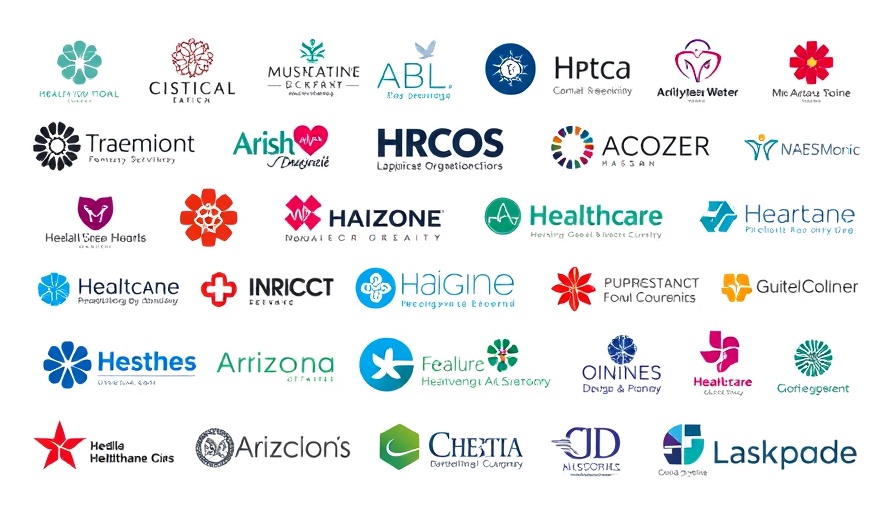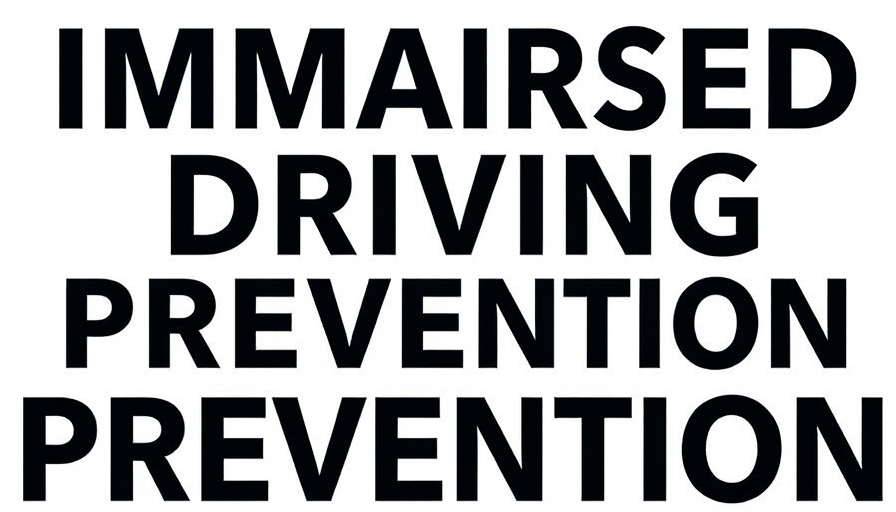
Strategies for Staying Safe in the Heat
As extreme temperatures creep in, knowledge becomes a powerful tool for all Arizonans. Understanding how you can beat the heat plays a crucial role in preventing heat-related illnesses. Here are some practical strategies to incorporate into your daily routine:
Stay Hydrated: Always keep water on hand. Drinking small amounts consistently throughout the day helps maintain hydration levels, especially during outdoor activities.
Seek Shade: Whether you’re taking a stroll or working outdoors, find shaded areas to reduce direct sun exposure.
Recognize Warning Signs: Educate yourself on the symptoms of heat exhaustion and heatstroke, such as dizziness, heavy sweating, and confusion.
Check on Vulnerable Individuals: Keep tabs on the elderly, young children, or those with chronic health issues as they are more susceptible to extreme heat complications.
The Role of Community in Heat Awareness
Community collaboration is central to the effectiveness of Heat Awareness Week. With numerous agencies partnering to spread awareness, Arizonans are reminded that staying safe from the heat is not just an individual responsibility.
The campaign, supported by entities ranging from the Arizona Department of Health Services to local universities, ensures that a diverse set of voices come together to highlight effective heat safety measures. Public resources like heat.az.gov serve as one-stop portals for the latest heat safety tips, updated continuously throughout the season.
Using Social Media for Community Engagement
In this digital age, social media plays a pivotal role in disseminating vital information quickly and broadly. Following the campaign’s partners on social media and participating using the hashtag #HeatAwarenessWeek increases the reach of life-saving messages.
As organizations disseminate content daily on different themes, supporters can repost this information to educate their networks, thereby enhancing community awareness and promoting collective action against heat dangers.
Future Insights on Heat Safety Initiatives
Looking ahead, it’s essential to evaluate the effectiveness of programs like Heat Awareness Week. Such collaborations could expand to establish regular training sessions for community members, teaching them first aid and heat response techniques.
Emphasizing prevention strategies could also facilitate long-term resiliency against extreme weather events. It’s vital that as climate change continues to challenge normal weather patterns, our community preparedness evolves alongside it.
Concluding Thoughts on Staying Safe and Prepared
With extreme heat season approaching, it's crucial that every Arizonan recognizes the importance of staying informed and prepared. By utilizing available resources and participating in community-driven initiatives, everyone can contribute to a safer environment. For further details, check out heat.az.gov for vital resources to keep you and your loved ones safe this summer.
In summary, taking proactive steps to prepare against extreme heat not only protects individual health but also fosters a culture of safety and resilience throughout Arizona. Let's prioritize awareness and support one another during these high-temperature months.
 Add Row
Add Row  Add
Add 




Write A Comment